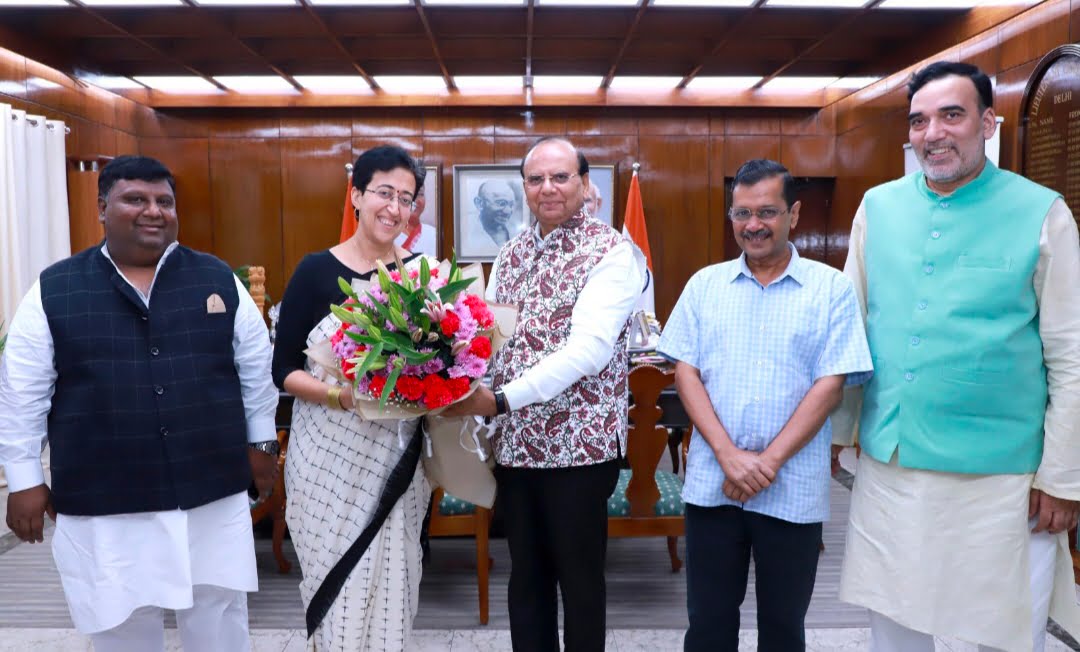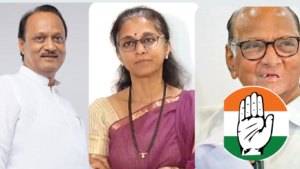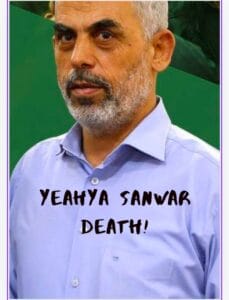 The political landscape in Delhi has drastically changed with the resignation of Arvind Kejriwal, the chief minister of the city and a well-known figure in Indian politics, after he was released on bail in connection with a corruption investigation.
The political landscape in Delhi has drastically changed with the resignation of Arvind Kejriwal, the chief minister of the city and a well-known figure in Indian politics, after he was released on bail in connection with a corruption investigation.
Kejriwal insisted on his innocence and stated that he would only run for office again if the people of Delhi re-elected his Aam Aadmi Party (AAP) in the next assembly elections, following his five months in jail over a now-repeated alcohol sales policy.
Atishi, a well-liked AAP member, has been selected as Kejriwal’s successor and will take over as leader. Since entering office in the 2013 Delhi elections, the party has prioritised public welfare initiatives including reasonably priced water and energy.
Atishi, a well-known artist is the youngest and third woman to hold the position of chief minister of Delhi, known for her political astuteness and commitment to education reform.
Following his declaration that he wanted to obtain a “certificate of honesty” from the people of Delhi, Kejriwal’s decision to resign was expected. He has demanded that the assembly elections, which are now set for February, be rescheduled for November in order to coincide with other state elections. However, experts believe that this is unlikely because of Indian election laws and practical considerations.Kejriwal’s resignation has drawn criticism from the BJP, which is led by Prime Minister Narendra Modi. They see it as a “publicity stunt” intended to win over people.
Three AAP leaders were detained in relation to the controversy surrounding the alcohol sales policy, including Kejriwal. In addition to him, Manish Sisodia and Sanjay Singh were imprisoned but have since subsequently been granted bail and freed.
The policy, which was implemented in 2021 with the intention of controlling alcohol sales and reducing the illicit market, was removed following claims that it was biased in favour of private liquor barons.
After years of devoted work within the AAP, especially in the area of education reforms, Atishi was elevated to the position of chief minister. She holds many important portfolios, including water, finance, and education, and has made great progress in enhancing public schools. She graduated from both Delhi University and the University of Oxford. Her ability to lead the party through difficult times, like as when other top leaders were absent, has solidified her status as a powerful force in Delhi politics.When Kejriwal asks the public for their opinion and Atishi assumes leadership, The future of Delhi’s government will be greatly influenced by the next elections.

 The political landscape in Delhi has drastically changed with the resignation of Arvind Kejriwal, the chief minister of the city and a well-known figure in Indian politics, after he was released on bail in connection with a corruption investigation.
The political landscape in Delhi has drastically changed with the resignation of Arvind Kejriwal, the chief minister of the city and a well-known figure in Indian politics, after he was released on bail in connection with a corruption investigation.





